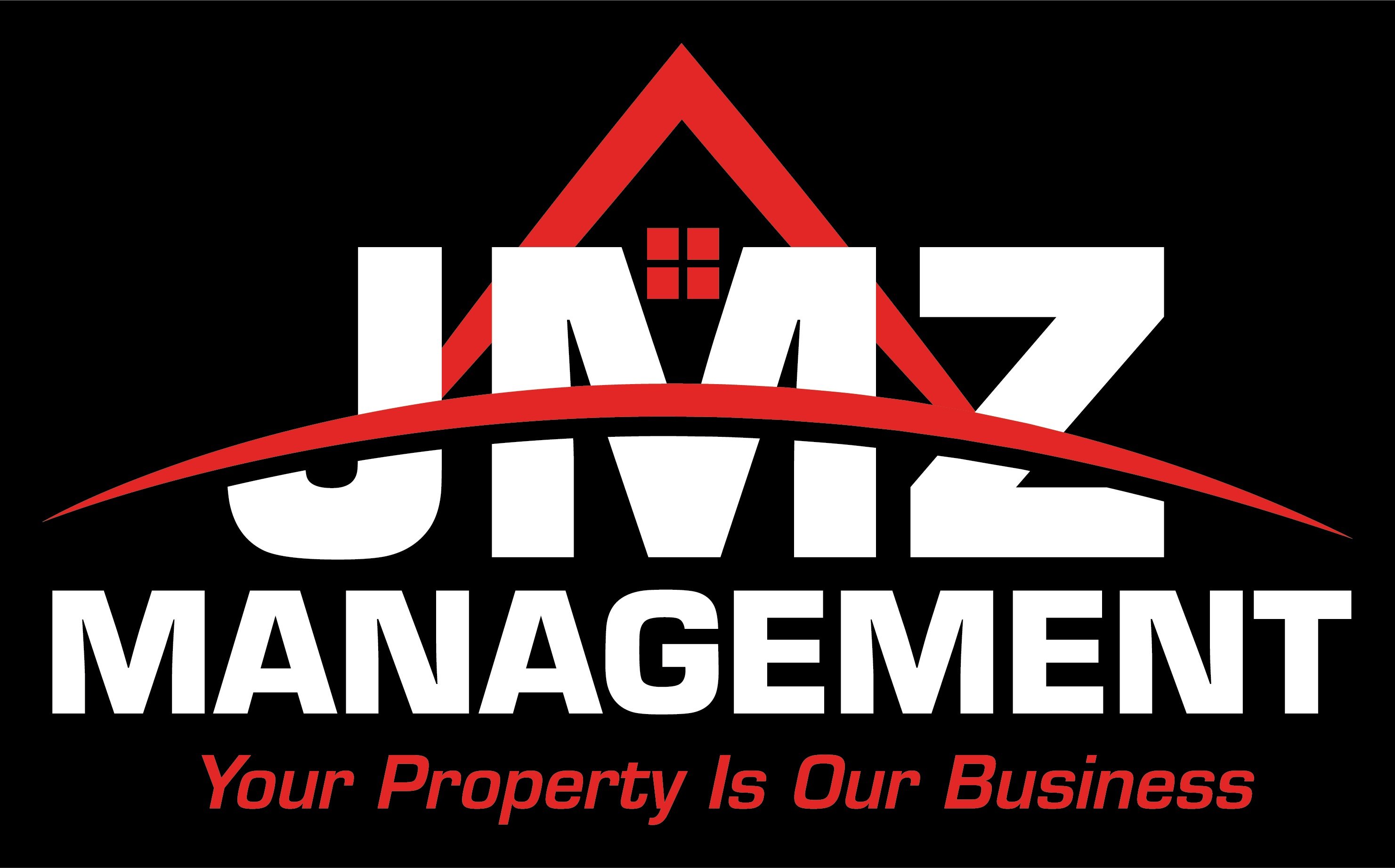Rental property owners should know about long-term asset depreciation and how to take advantage of it. If you’re a rental property investor and want to lower your taxable income, you should know the assets you use in your rental business that can be deducted from your tax returns.
Deducting the costs of purchasing or improving a rental property is a boon for property investors. However, you should know the rules laid out by the Internal Revenue Service regarding depreciation. Instead of taking a large deduction in the year you purchase or improve the property, you must spread out deductions over the property’s useful life.
Here are some things rental property owners need to learn and understand regarding rental property depreciation.
What are the Requirements for a Property to Be Depreciable?
As per the rules of the Internal Revenue Service, a rental property owner can depreciate a rental property based on the following requirements.
- You’re the owner of the rental property even if it’s subject to a debt.
- You’re using the property to generate income.
- The property’s expected lifespan is more than a year.
- There’s a determinable useful life of the property, which means it can get used up, worn out, become obsolete, subjected to decay, or lose its value due to natural causes.
You should ensure that you use the property for business or an income-generating activity. You can’t depreciate it if you place it in service and dispose of it within a year.
A property that doesn’t get used up to generate income can’t be depreciated. The land on which the building sits isn’t depreciable as well. Moreover, you can't deduct the costs of landscaping and planting, as these are part of improving the land and not the building.
Any type of building you utilize for rental activity, such as a mobile home, condominium, apartment, clubhouse, or duplex can be depreciated. The structures you own and use for your rental business, such as the storage shed for maintenance equipment and your office, are also depreciable.
When Does Depreciation Commence?
As soon as the property is ready to use for rental activity, you can start taking deductions. If you bought the property on March 29 and improved it for a few months to make it more habitable for tenants. Then, you started advertising it on June 6, and it was occupied on July 10. Begin the depreciation deduction on June 6, when it was available for lease, not in July.
You can continue to make depreciation deductions until you have deducted the overall cost of purchase and improvement on the property. Other conditions to cease the deductions are when you retire the property, abandon, sell, exchange, or convert it for personal use.
Even if the rental property has a vacancy, you can still make deductions as long as you’re looking for tenants. For instance, you can deduct the repairs made after a tenant moves out.
How to Calculate Depreciation?
It’s advisable to hire a certified tax accountant to help you calculate depreciation. An accounting technique called the Modified Accelerated Cost Recovery System is used for depreciation calculation. This method distributes costs and depreciation deductions over 27.5 years.
Determine the Basis of the Property
The amount you paid in cash, using a mortgage, or in another method to buy the property is the basis of the property. The title insurance, transfer taxes, surveys, legal fees, and recording fees are included in the basis. While charges to get or refinance a loan and fire insurance premiums aren’t included.
Separate the Costs of the Building and Land
Determine the value of the building and the land separately since you can only depreciate the cost of the former, and not the latter. Get the fair market value of each at the time you purchased the property, or you can refer to the assessed real estate tax values.
For example, you purchase a house for $100,000, and the property’s latest real estate tax assessment is $85,000 ($76,500 for the house and $8,500 for the land). Therefore, you can allocate 10% of the purchase price to the land and 90% of the purchase price to the house.
Determine the Basis in the House
Since you allocate 90% of the purchase price to the house, your basis in the house will be $90,000 (90% of $100,000). The basis in the land is $10,000 (10% of $100,000). You can also make an adjusted basis for improvements and additions to the property or payments you received from insurance.
Takeaway
You can lower your taxable income if you don’t overlook the depreciation deductions from your rental property business. You should know the requirements for a rental property to be depreciated. Make sure to work with a certified tax accountant to help you with calculating the deductions.
